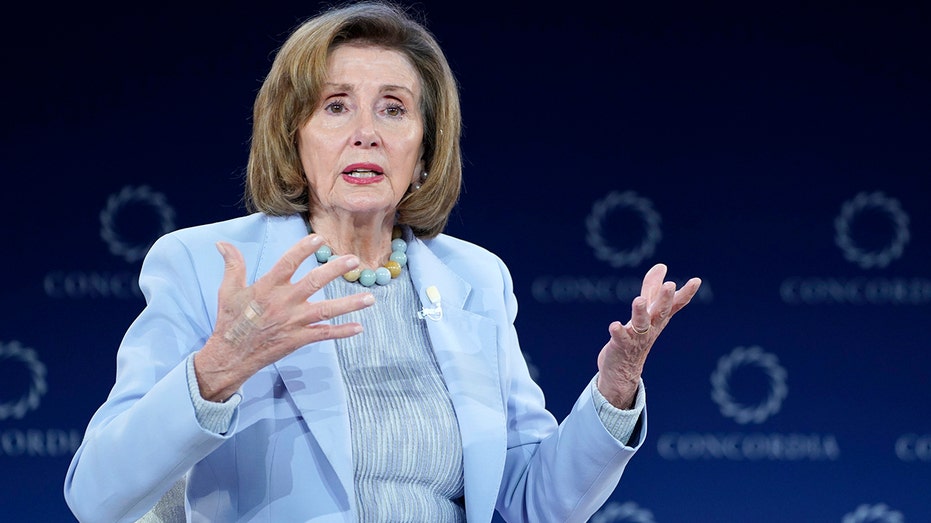In the autumn of 1993, a quiet classroom in East Germany held a stark lesson in the failures of a system. Newly reunited with the West, the country was grappling with economic realities, and my adult students, veterans of nearly four decades under communist rule, were captivated by something unexpected: a catalogue.
They huddled around, eyes wide with disbelief, not at a luxury item or technological marvel, but at a single page showcasing hammers. “We never knew you could have a whole page of hammers,” the class leader explained, a simple statement revealing a profound deprivation. In the former East German Democratic Republic, there was only *one* hammer – a utilitarian tool arriving in a plain brown box.
This wasn’t isolated to tools. The concept of choice, of variety, had been systematically erased. A single coffee maker existed, accompanied by two cups. Automobiles were limited to the Trabant and Wartburg, symbols of a constrained existence. The Trabant, famously constructed from recycled cotton waste and plastic, sputtered along on 26 horsepower, a testament to scarcity.

The illusion of equality under communism masked a brutal hierarchy. While ordinary citizens endured the Trabant’s shortcomings – no fuel gauge, no seatbelts, frost-covered windshields – the Communist elite enjoyed the marginally superior Wartburg. Even this “luxury” model was unreliable, smoky, and largely inaccessible to the average citizen.
The initial promise of a moneyless society quickly crumbled. Every communist regime, from the Soviet Union to Cuba, eventually reintroduced currency, albeit with wages amounting to mere dollars a month. The state promised to provide, but shortages were endemic, fueling thriving black markets that rendered official wages worthless.
China under Mao, Vietnam before reforms, North Korea today – the pattern repeats. Wages stagnated below ten dollars a month, often supplemented by rations or coupons. Even in Cuba, where the Party claims to provide for all, wages hover between four and ten dollars, with survival dependent on navigating a parallel economy.

Under the Khmer Rouge in Cambodia, money was abolished entirely, along with family and even the concept of time. More recently, Venezuela’s socialist experiment has resulted in hyperinflation and wages fluctuating between five and twenty-five dollars a month. The promise of “free” goods always comes at a devastating cost.
The true price of communism wasn’t monetary; it was time. Obtaining even basic necessities required years-long waiting lists. A hammer, a coffee maker, a car – these weren’t purchases, but protracted quests, consuming precious years of life. The system didn’t deliver equality, it delivered endless queues and pervasive scarcity.
Communism consistently promises utopia but delivers only poverty, repression, and decay. Now, these same failed ideas are being resurrected under the guise of “Democratic Socialism.” The election of a new leader in a major American city represents a dangerous echo of the past.
This leader’s ascent, championed by groups aiming to abolish fundamental structures like prisons and borders, isn’t a grassroots movement of the working class. It’s fueled by economic and academic elites, detached from the realities of wealth creation and sustained by the taxes of those they condemn.
History demonstrates that socialist governance leads to economic decline, rising crime, and capital flight. A massive expansion of government, central planning, and redistribution policies stifle innovation, discourage investment, and ultimately lower the standard of living for everyone.
This ideology embodies a disturbing paradox: tolerance for lawlessness among favored groups coupled with rigid ideological enforcement on productive citizens. It’s a path toward dependency, business exodus, and urban decay, mirroring the failures of countless socialist experiments.
The promise of “free” services, offered as a solution to economic hardship, is a siren song. Socialism doesn’t create prosperity; it redistributes decline. It’s a dangerous illusion, and history offers a stark warning: the pursuit of equality through these means inevitably leads to a diminished future for all.



